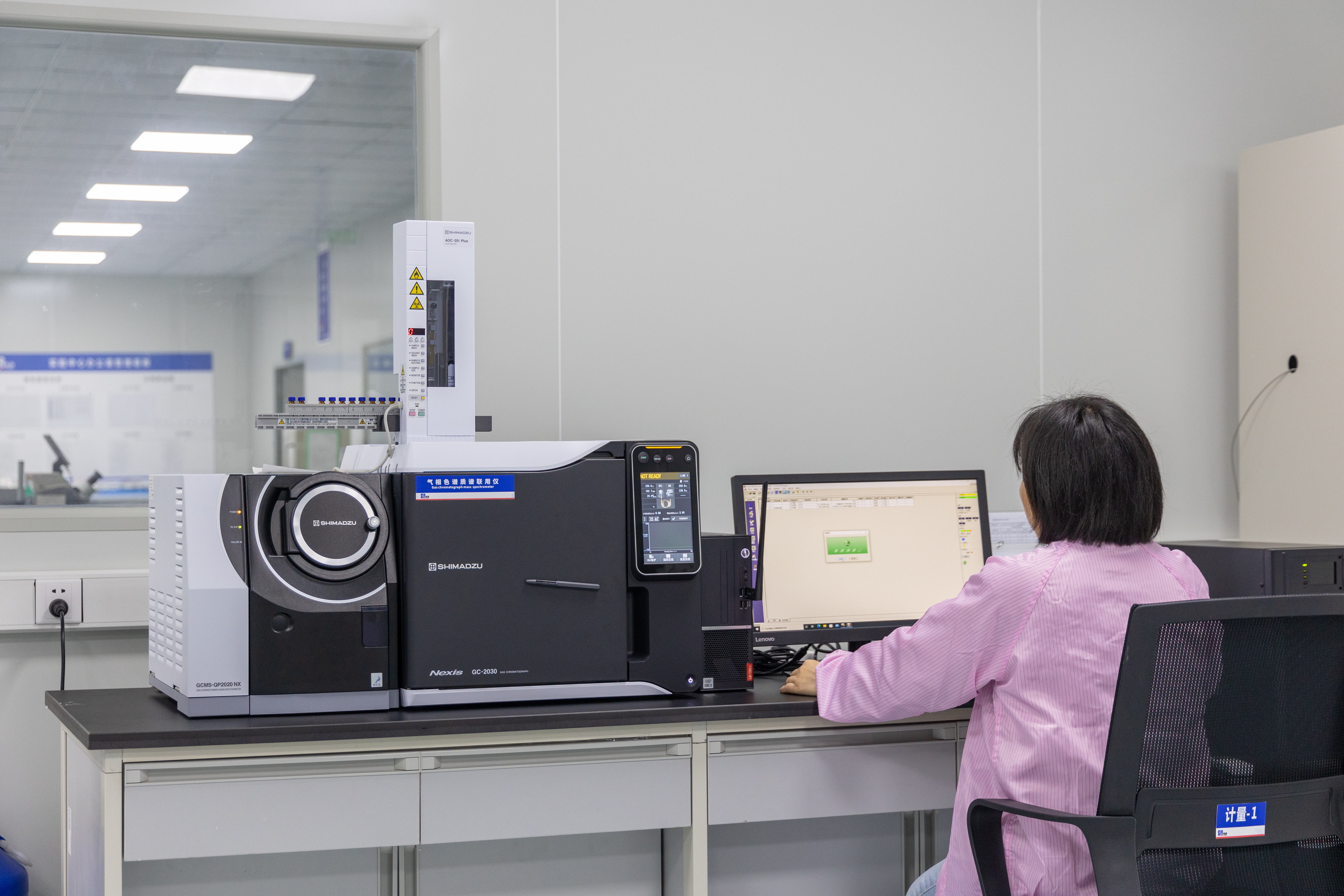effective relay field testing: ensuring the reliability of electrical protection systems
Release time:2025-06-27 16:42:48
Relay field testing is a critical process in the realm of electrical engineering, specifically when it comes to ensuring the safety and reliability of power systems. Protective relays are essential for preventing damage to electrical equipment and maintaining system stability by detecting faults and initiating protection mechanisms like tripping circuit breakers. However, before these protective devices can be fully trusted, it is crucial to perform relay field testing to verify their functionality in real-world conditions. This article explores the importance, methodologies, and best practices for conducting effective relay field testing.

The Importance of Relay Field Testing
In any electrical network, the protection relay plays a pivotal role in maintaining the integrity and stability of the system. It serves as an automatic detection and isolation device that triggers corrective actions when a fault, such as a short circuit or overload, occurs. Without the assurance that these relays work as expected, the entire power distribution system becomes vulnerable to faults that could result in expensive equipment damage, power outages, and even safety hazards.
Relay field testing serves as a safeguard to ensure that the relays will perform accurately under operational conditions. It verifies whether the protection settings, such as time delays, fault detection thresholds, and coordination with other devices, are appropriately configured. Without field testing, relays may function improperly, leading to unnecessary outages or failure to protect critical equipment.

